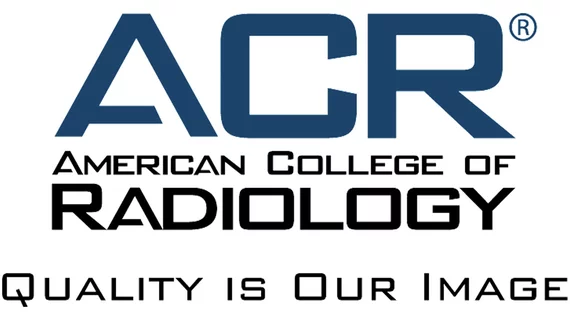ACR updates Appropriateness Criteria, launches new online tool for feedback
The American College of Radiology (ACR) has released three new and nine revised topics to the ACR Appropriateness Criteria.
The three new topics highlight lung cancer screenings, postmenopausal subacute or chronic pelvic pain, and suspected new-onset and known nonacute heart failure. The nine updated topics include breast and chronic knee pain, among other revisions.
At present, the ACR Appropriateness Criteria includes 179 diagnostic and interventional radiology topics with 898 clinical variants that cover more than 1,560 clinical scenarios.
“These evidence-based guidelines, created and updated by an expert panel of radiologists and multispecialty teams, are recognized across the medical field as a national standard,” said Frank J. Rybicki, MD, PhD, chair of the ACR Committee on Appropriateness Criteria, in a prepared statement. “They provide the backbone to support the College’s commitment to ensure that our patients get the right care for their medical conditions and that our patients avoid unnecessary care.”
The ACR also relaunched a more user-friendly online feedback portal for members to comment on clinical conditions and topics related to new appropriateness guidelines.
“New enhancements to our web-based feedback tool now enable us to better track and manage feedback from a variety of sources, such as ACR members, other specialty physicians, patients, payers, and health care administrators,” Rybicki said in the same statement. “The College welcomes meaningful comments that enhance the dialogue to enhance patient care.”

